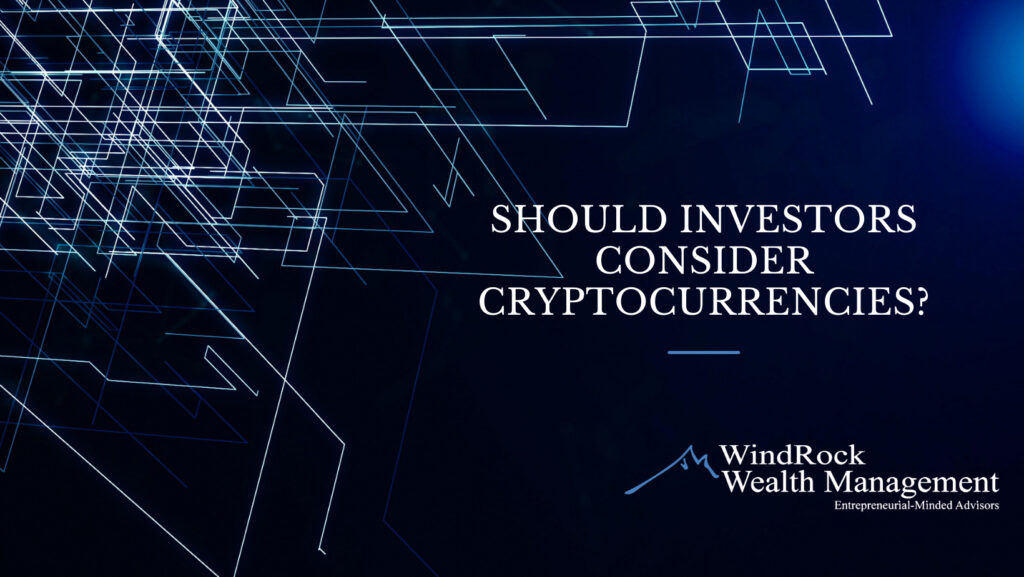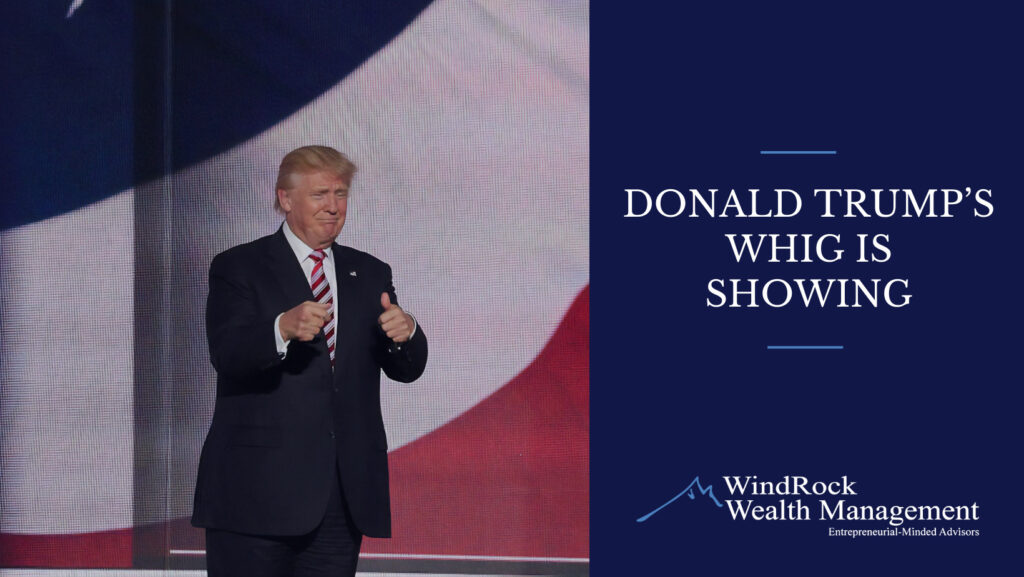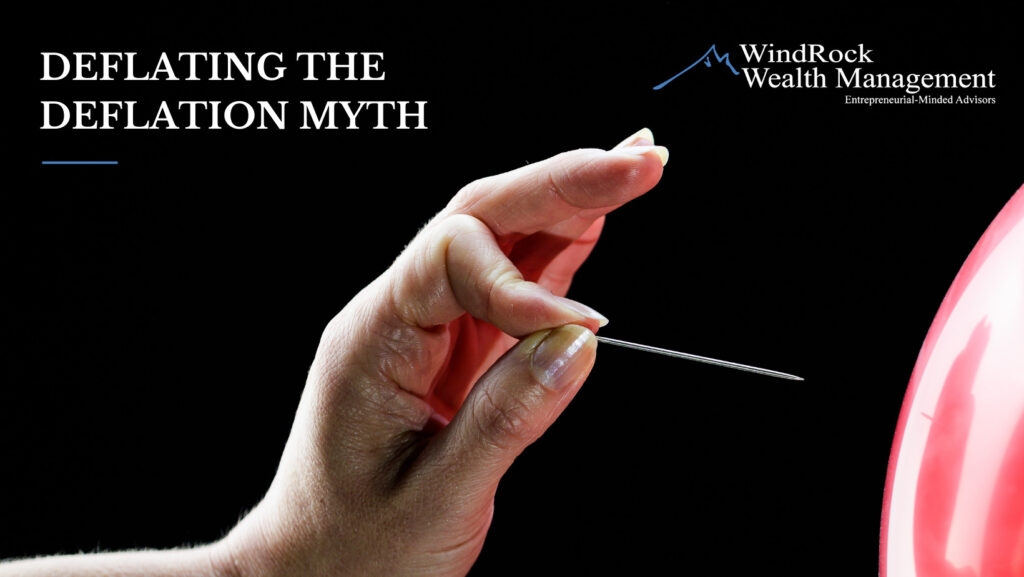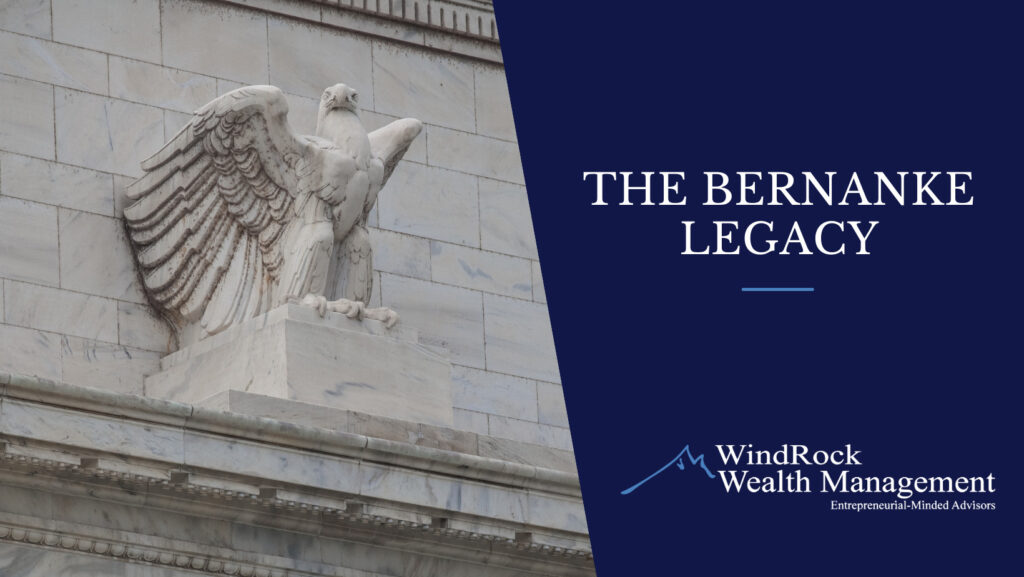Should Investors Consider Cryptocurrencies?

Christopher P. Casey This article was originally published by Citywire RIA in March 2021 Absolutely! We have been writing about and advising clients on cryptocurrencies since 2014. Cryptocurrencies possess the breakthrough capabilities of blockchain peer- to-peer technology, namely: digitizing assets for better security, transparency, and transactional efficiency. No matter what the application, the underlying thesis […]
Fractional Reserve Airline Seats

This article was originally published by The Ludwig von Mises Institute of Canada on April 18, 2017 Every year, airlines deny thousands of passengers seats on flights due to overbooking. Airlines use sophisticated modeling to manage overbooking to maximize profits given the reality of passenger no- shows. Legally permissible under their “contract of carriage” with […]
Don’t Forget About the Trade War

Christopher P. Casey This article was originally published by the Mises Institute on February 27, 2020 Before coronavirus and impeachment, the Sino- American trade war stubbornly remained on the mainstream news circuit while largely governing the direction of financial markets. With each rumor of concession or tweet of condemnation, stocks gyrated and bonds jittered. Each […]
Donald Trump’s Whig is Showing

This article was originally published by the Mises Institute on March 21, 2017 On February 28th, while addressing a joint session of Congress, President Trump quoted Abraham Lincoln and praised his economic philosophy: The first Republican President, Abraham Lincoln, warned that the “abandonment of the protective policy by the American Government [will] produce want and […]
Adding Austrian Economics

In thinking about the title of this presentation, it occurred to me that some people may be uninterested. That is, attendees may feel they manage their own investments, and are therefore unthreatened by wealth managers ignorant of Austrian economics.
Velocity Lacks Veracity

Velocity is not a substitute for demand, but rather of volume. Lots of goods and services may transact at low prices just as they may trade at high prices.
Bitcoin or Gold?

This article was originally published by The Human Events Group on July 3, 2014 We have proposed a system for electronic transactions without relying on trust. – Satoshi Nakamoto, 20091 With this fairly mundane comment, the person or persons known as Satoshi Nakamoto (the jury is still be out) introduced bitcoin to the world. Since […]
Deflating the Deflation Myth

The fear of deflation serves as the theoretical justification of every inflationary action taken by the Federal Reserve and central banks around the world.
The Bernanke Legacy

With Ben Bernanke’s exit as Chairman of the Federal Reserve, every political physician will opine on his legacy.
A History of Gold

Almost no debate, short of religion and politics, will solicit as strong of views as the topic of gold.

